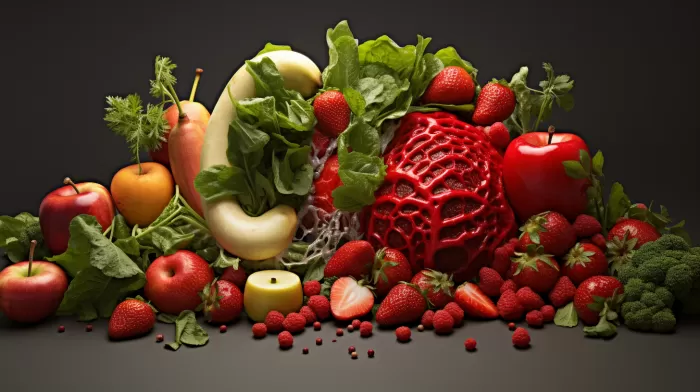When it comes to inflammatory bowel diseases like ulcerative colitis and Crohn’s, many people initially turn to traditional medical treatment plans. However, there’s a wealth of natural approaches that can vastly improve or even reverse your colitis symptoms. With a bit of effort and just a few lifestyle changes, you can be well on your way to better digestive health.
Defining Inflammatory Bowel Disease (IBD)
First, let’s clarify what ulcerative colitis and Crohn’s disease are. Both are types of intestinal inflammatory diseases, which often result in abdominal pain, bloody diarrhea, and malnutrition. While ulcerative colitis affects the large intestine, Crohn’s can actually affect any part of your digestive tract, from your mouth to your anus. If left untreated, these conditions can become life-threatening, often manifesting as colon cancer.
Standard medical treatments for ulcerative colitis include medications such as sulfasalazine, mesalamine, and corticosteroids like prednisone. More aggressive treatments including immune modulating biological drugs and even surgery may be necessary in more severe cases.
The Whole Story of Reversing Ulcerative Colitis Naturally
Before embarking on the path to treat your ulcerative colitis naturally, it’s crucial to get a proper diagnosis and receive adequate traditional treatment. Once you’ve achieved some semblance of control over your symptoms, it’s time to take a hard look at your lifestyle and the factors that may be contributing to your condition.
Emotional Stress as a Trigger
One of the first factors to consider is the impact of emotional stress on your condition. The majority of your body’s serotonin receptors – responsible for regulating your emotions – are actually located in your intestines. It’s no wonder that emotional distress can manifest physically in the form of abdominal pain or indigestion.
If you are serious about healing your colitis, you need to first address and manage your emotional health. It’s important to be open and honest with others, and yourself, about your feelings and emotions; consider speaking with a therapist or joining a support group to help you in this process.
Improving Your Intestinal Health
Outside of emotional stress, there are various gut-related factors that must be corrected in order to effectively treat your colitis, including:
- Unhealthy intestinal flora: An overgrowth of unhealthy bacteria and yeast can lead to inflammation in the gut.
- Dietary triggers: Certain foods can irritate the gut lining (alcohol, caffeine, spicy foods) or cause inflammation (refined sugar, carbonated soft drinks, trans-fats). Additionally, some individuals may have sensitivities to common allergens like gluten or dairy products, which can exacerbate symptoms.
- Fiber and nutrient deficiencies: A lack of fiber in your diet can impair your intestinal health, and insufficient micronutrients in your bloodstream can further weaken your overall health.
Adopting a Colitis Diet
Eating a nutrient-dense whole food diet is essential for those living with ulcerative colitis. You need to consume foods that are easily absorbed by your body and don’t cause further irritation or inflammation in your gut.
For example, consider trying a nutrient-rich smoothie made with fresh fruits, leafy greens, rice milk, flax oil, and ice. You can customize with additional ingredients like liquid stevia for flavor or healthy calorie sources like almonds, avocados, and eggs.
You should also look into incorporating supplements like aloe vera juice, which is known for its anti-inflammatory properties and can help soothe the gut lining. Don’t forget – proper nutrition is key to your healing process!
As you work on healing your ulcerative colitis naturally, remember that it’s an ongoing process that requires patience, effort, and lifestyle changes. Make sure you’re addressing both your emotional well-being and your physical health – and stay committed to healing and feeling your very best in the long-term.



